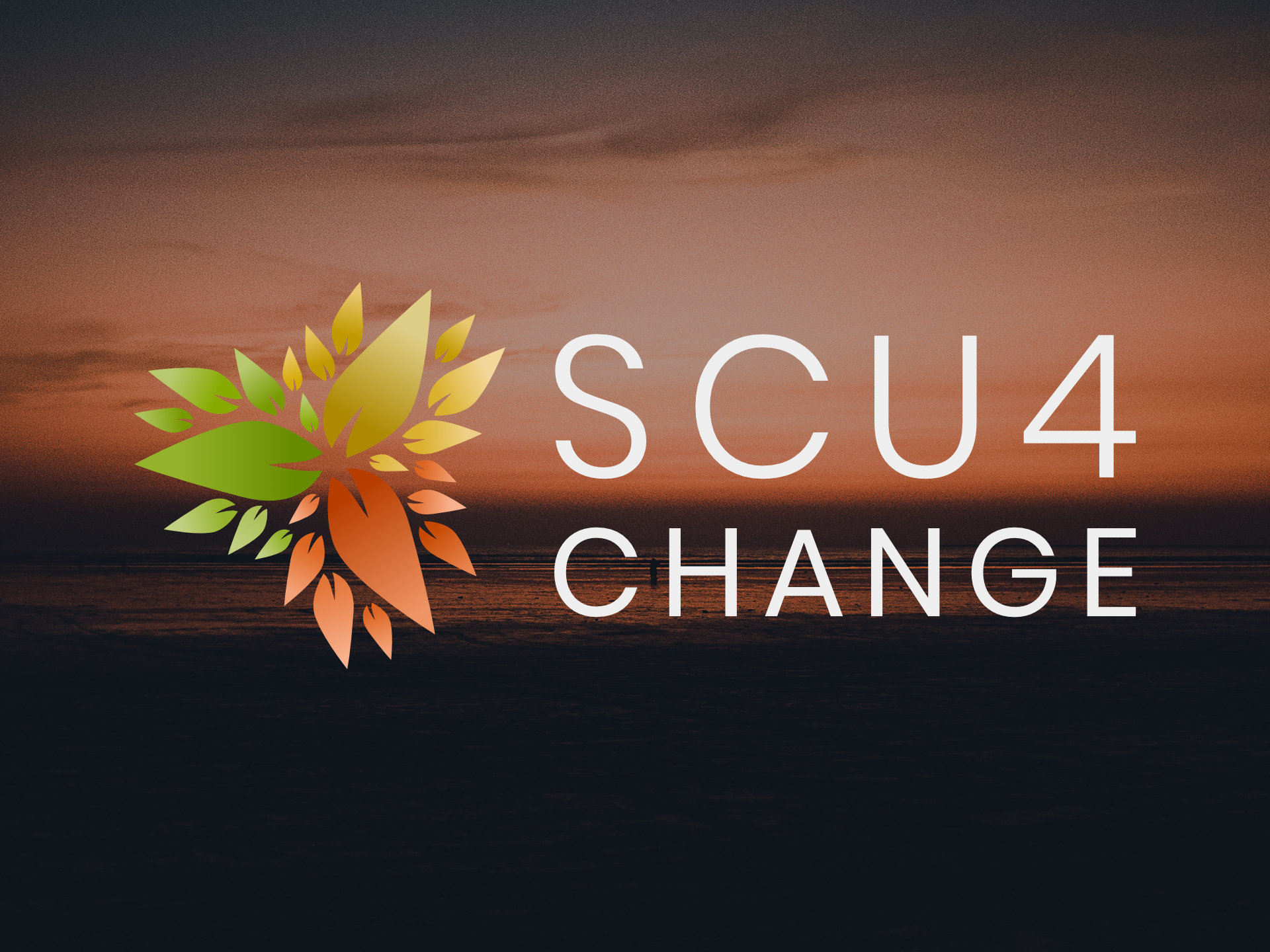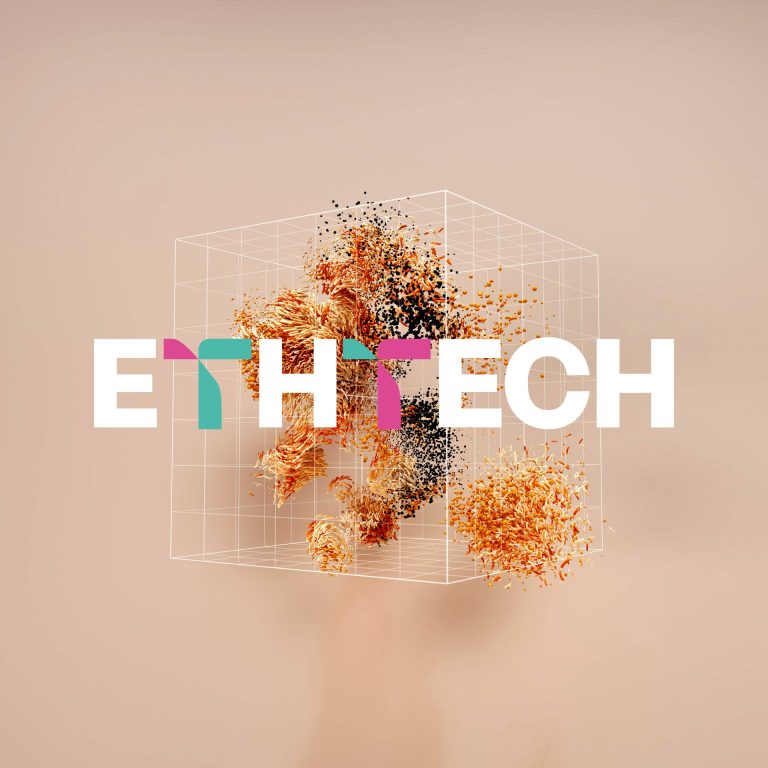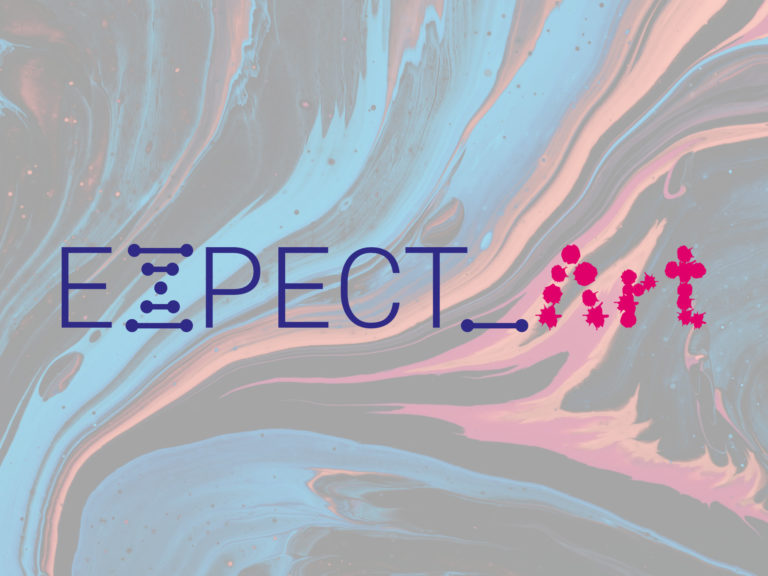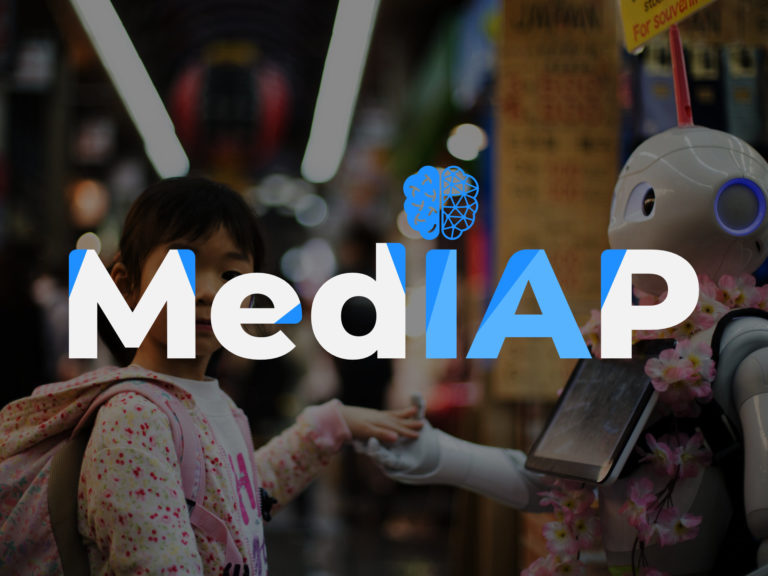Connecting School, Community and University for social change
Educational systems face a world that changes rapidly and constantly. Every day educational institutions have to face new challenges they have to address. Among these, all those associated with inclusion and diversity stand out, being phenomena intrinsically tied to a globalized and multicultural world. In order to face them, the elaboration of innovative approaches is required, allowing for the construction of new imaginaries and reinstating the idea of a transformative agency, one that enables young people to conceive themselves as actors and citizens who live in the present, and want to live in the future, with the capacity to influence society. The Educational roadmap for transformative agency – connecting School, Community and University for social change project consists of a coordinated action between schools, communities and universities with the aim of promoting transformative experiences for social change in secondary education schools.
Objectives
The main purpose of the project is to design a collaborative and sustainable “roadmap” to make visible and promote school practices aimed at facing contemporary social problems from the perspective of social and educational change, through collaboration between secondary schools, communities, and universities.
In this way, and from a bottom-up logic, it seeks to put into dialogue the already existing transforming knowledge and praxis in schools to build, from collaborative and synergistic school/community/university work, a sustainable approach to implement projects aimed at social change.
The specific objectives of the project are: (1) to design, implement and disseminate transformative educational projects that address contemporary social problems and connect secondary schools with communities and the university, (2) reposition the idea of a transformative agency that enables young people to see themselves as actors and citizens with the capacity to influence the society in which they live, (3) promote authentic learning about contemporary social and environmental issues at school, assuming that these constitute a challenge to build a common future and (4) explore how digital resources can support the development of content and transformative agency between schools, universities and communities, as well as between teachers and students.
Methodology
The project will be implemented in four countries: Austria, Chile, Spain, and Norway. In each of them, we will collaborate with a secondary school that has implemented –or is in the process of implementing– projects or practices aimed at educational and social transformation.
In the first phase, the different actors involved (teachers, management teams, communities, students) will be contacted to assess the impact of these projects and the needs, potentialities, and difficulties associated with deepening these educational practices. In a second stage, transformative educational projects that respond to the needs detected in the first phase will be co-designed collaboratively between schools, communities and universities. Finally, as the third stage of the cycle, these projects will be implemented for 6 months and co-evaluated by all the actors involved, with the aim of identifying their impact and their effective potential for the development of transformative agency.
Results
To encourage the application of sustainable collaboration models and practices among the actors involved, the following actions will be carried out:
- Creation of the Virtual ChangeLab virtual platform, which will facilitate communication between educational actors and the formation of a local/international community for the exchange and co-design of educational transformation projects.
- Production of a documentary that records the development of the project during the three years of implementation, which will be released on different platforms and formats.
- Organization of local dissemination events in each of the participating countries.
- Organization of an international seminar to disseminate the main results of the project among the different participating organizations and other interested parties.
As a whole, these initiatives aim to demonstrate the relevance of building an educational ecology for agency and social change, by concretely illustrating the potential of collaborative work between schools, communities and universities in a logic of synergistic reinforcement of the transformative initiatives.
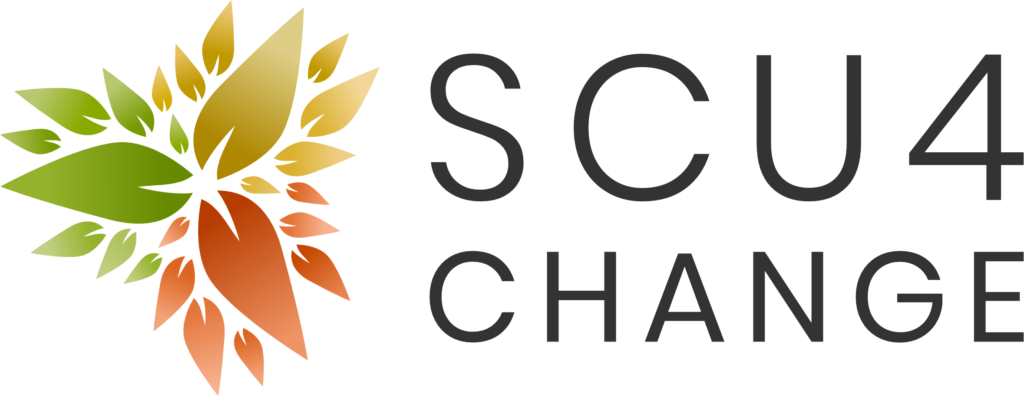
Participating institutions
University of Oslo
Norway, coordinator
University of Barcelona
Spain
University of Vienna
Austria
Universidad Andrés Bello
Chile
UB research team
- Raquel Miño (coord.)
- Pablo Rivera (coord.)
- Cristina Alonso
- Joan-Anton Sánchez
- Lluís Parcerisa
- Judith Jacovkis
- Diego Calderón
- Pablo Neut
- Gustavo Herrera
- Paula Lozano
- Xavier Giró Gràcia
- Carles Lindín-Soriano
- Mercedes Blanco-Navarro
Erasmus+. KA220-HED – Cooperation partnerships in higher education. Call 2022. Reference: 2022-1-NO01-KA2020-HED-000086487
